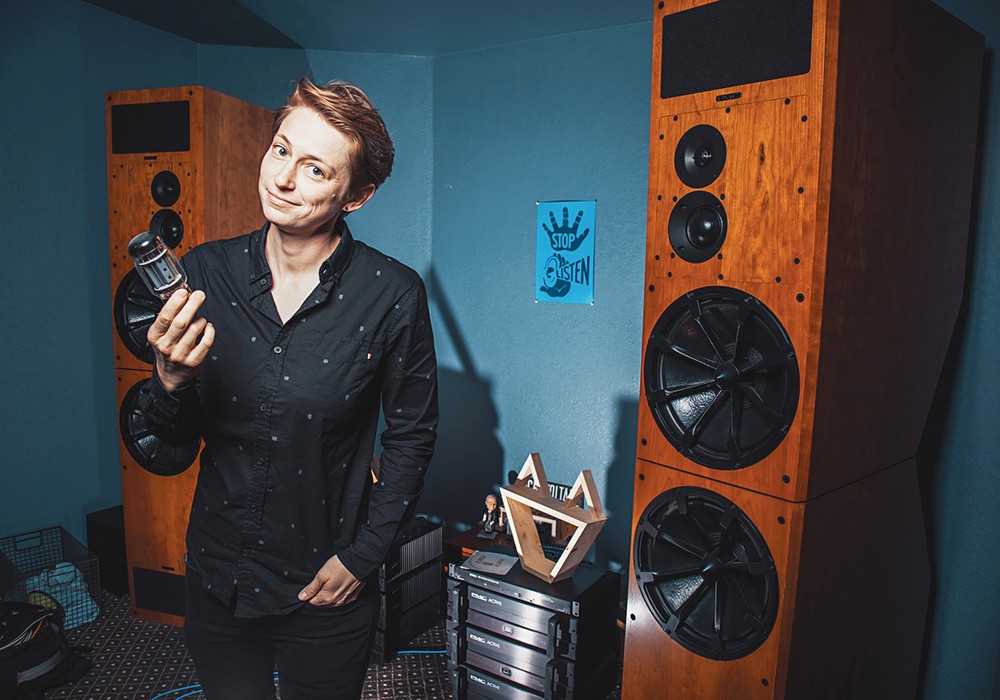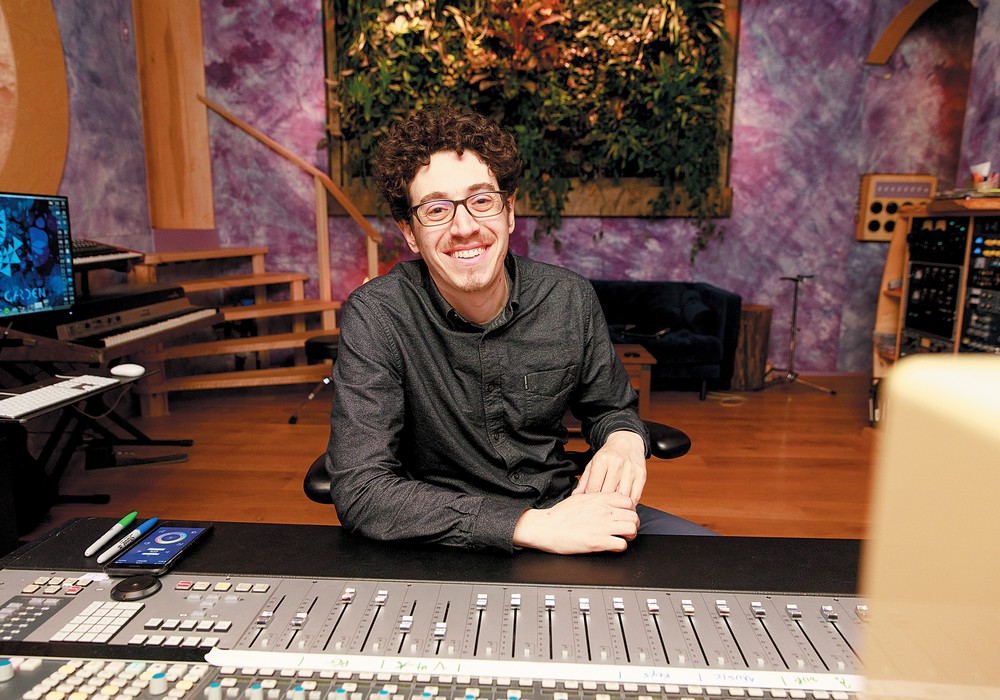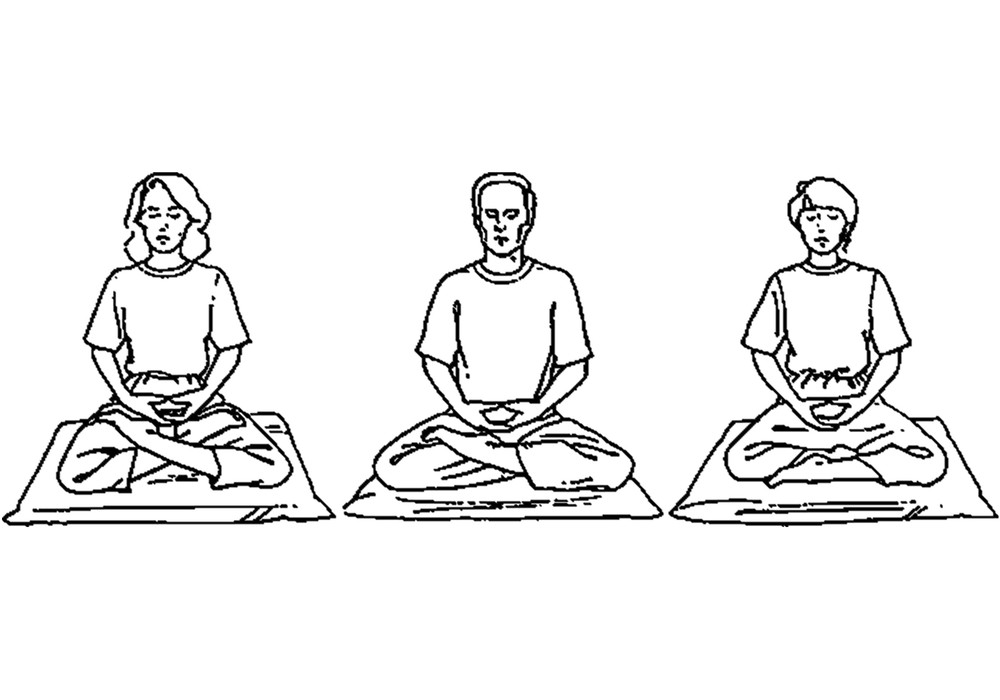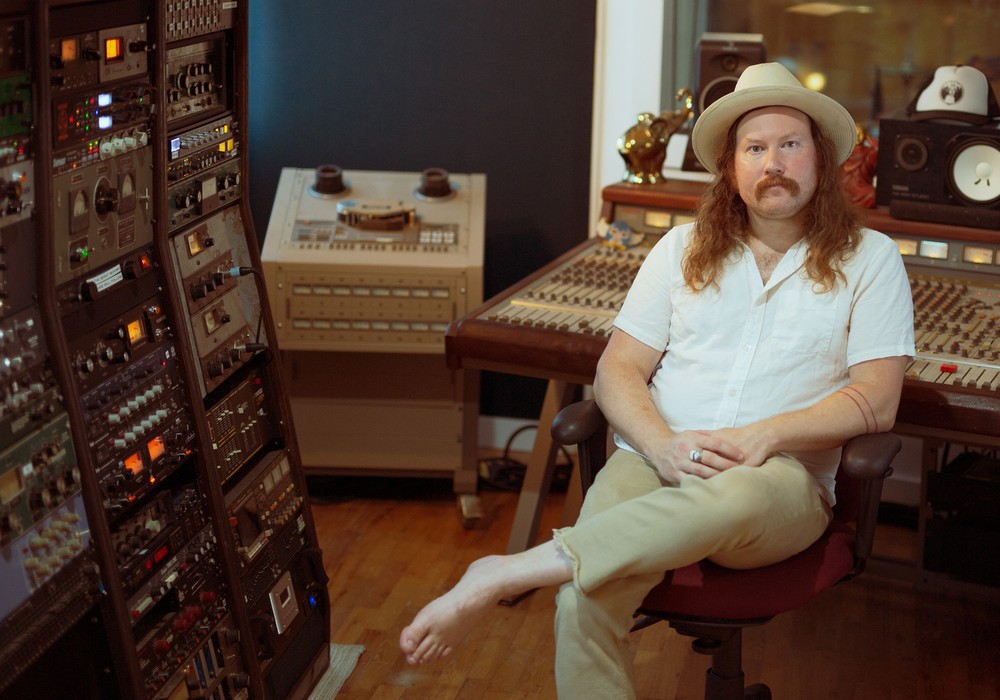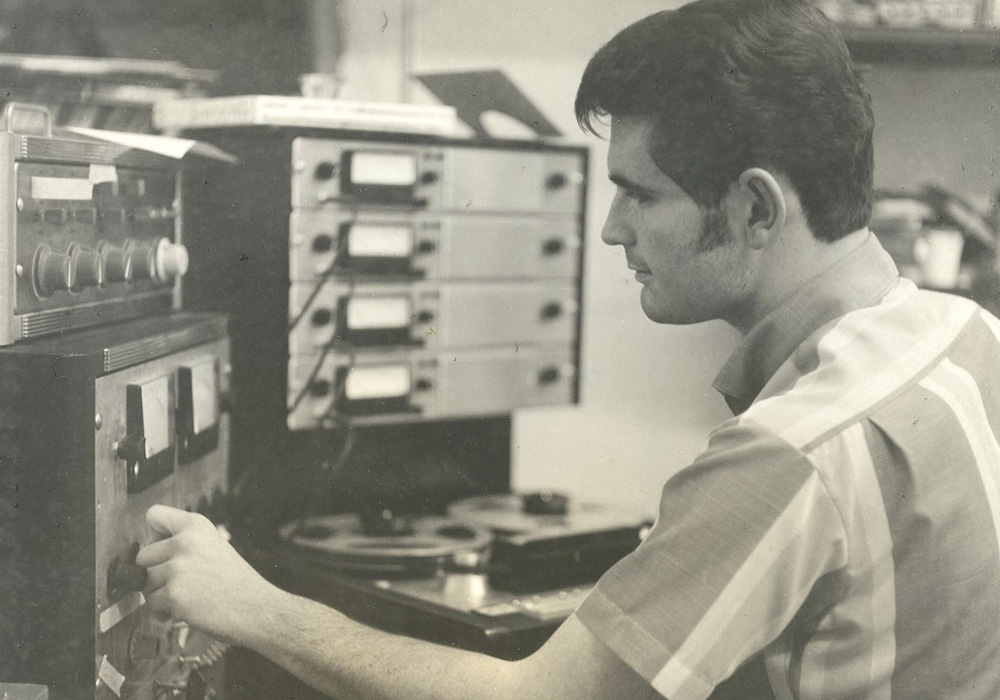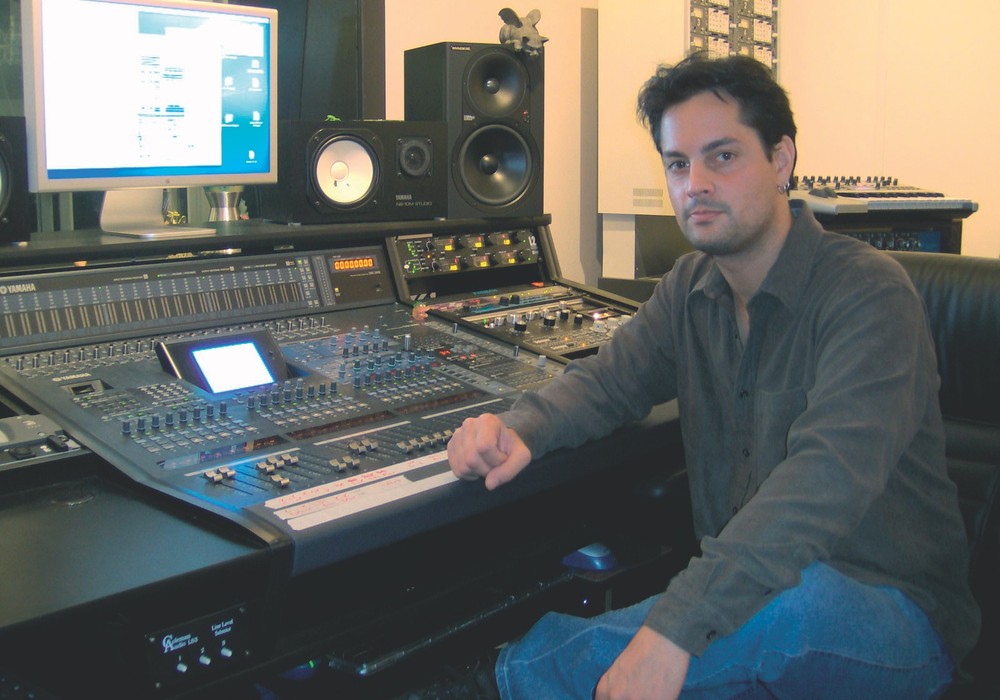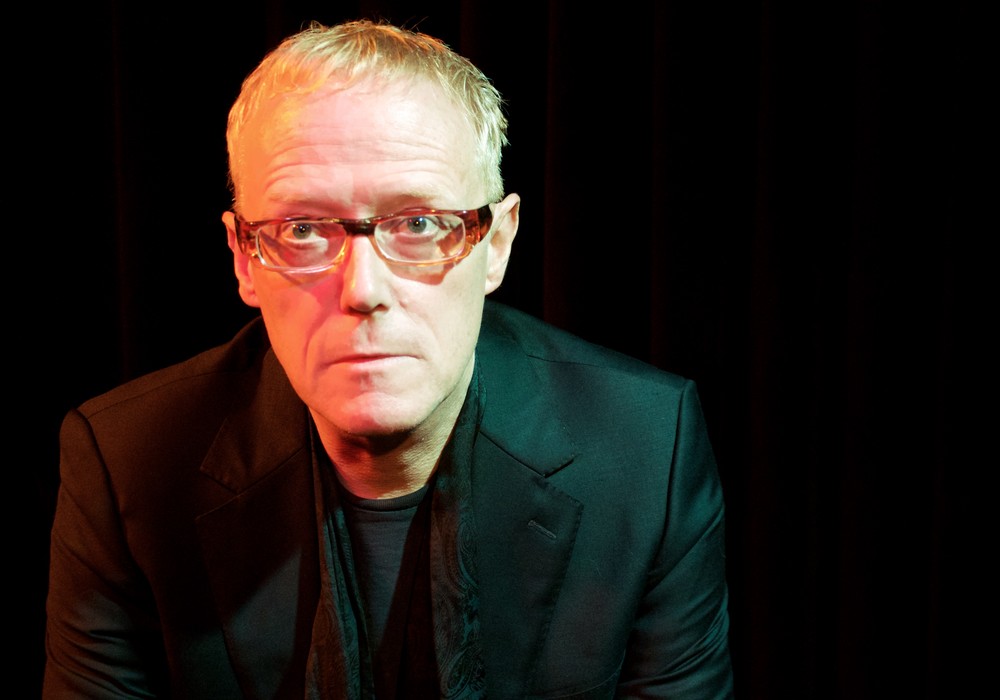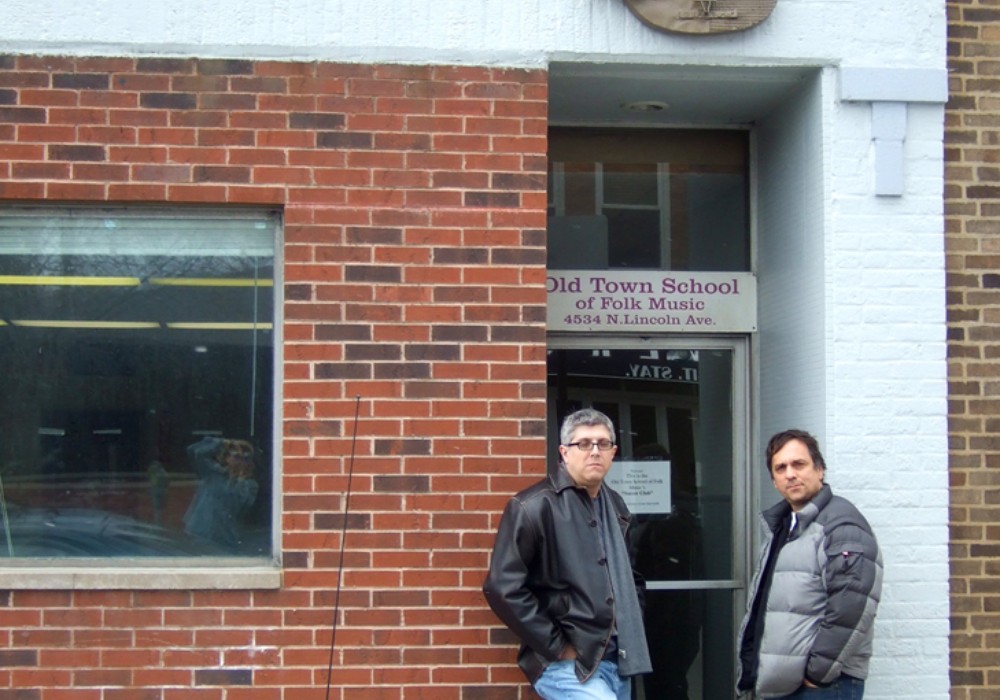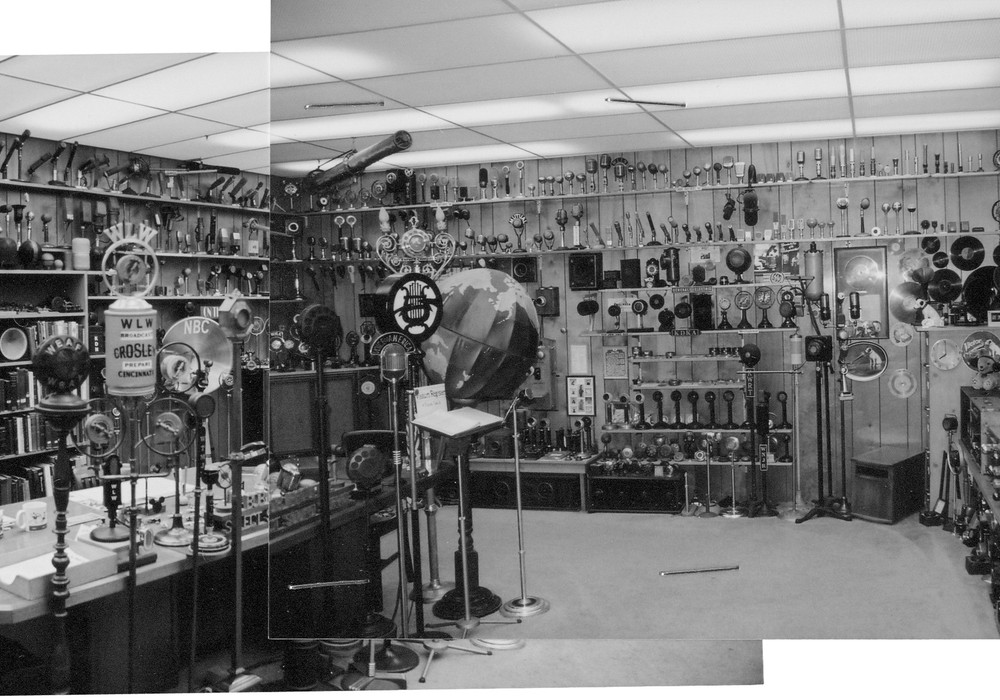Ken Hirsch has had a varied career in live sound, studio recording, product support and electronics. These days he and Josie, his wife and partner, head up their original company, Orphan Audio, along with the revamped Quad Eight and Electrodyne brands.
LC: Where did you start out working? Do you have an EE degree?
KH: All of my education has been self-inflicted. I found with most of the really good guys out there, a lot of them have really good book learning, but it's only because they'll sit down and read a book when they can't figure out what they need to know. They do it because they love doing it.
LC: What was your first experience working with audio electronics?
KH: A friend of the family owned a scientific instruments company. He had a couple of instrumentation amplifiers lying around and gave them to me when I was six. This kind of sparked my interest. It took off into, "What's really going on behind all of this?" I realized that there was a melding of music and electronics. I would ride my bike downtown to the TV repair store and look for hopeless hulks and haul home tube tape recorders and receivers. I'd take them apart and shock myself badly. Synthesizers essentially were just starting to come in in the early '70s and I started looking at that, started building my own guitar amps and built my own echo unit because I knew I couldn't afford a Binson [Echorec]. Eventually I went to Cal Poly San Luis Obispo. After a couple of years there I realized that I was not quite learning the way I was hoping. I had the opportunity to leave college and move in with a friend of mine in Malibu who had grown up with Alan Sides and some of these other characters in the recording industry. I moved into a house with seven guys, each of us with a different specialty in electronics. We immediately started building a recording studio. Then I started doing little jobs here and there for various celebrity artists in Malibu. They started finding out about this wacky kid with hair down to his waist who could come out and totally redo your studio for you. During that time I started recording albums with Dennis Dragon [issue 69] with the Surf Punks. From there I got a call from a local bar owner who had bought a heap of PA — I sifted through the rubble and built a pretty respectful PA. Here was what set the tone for about the next ten years — "Can you stay and run the place while we find somebody else that will do it?" This repeated over and over again as I would build a huge recording facility, install and wire the equipment in, set it up and do the first sessions — "Gee, can you stay around as chief engineer until we find somebody else who wants to do it?" From there I started going out and I spent the next 12 years on the road touring the world with various bands, enjoying the heck out of it.
LC: Doing live sound?
KH: Doing live, front-of-house sound and band tech. I ended up touring with bands like Little Feat, Toto, Supertramp, Pink Floyd — I think the most fun I had touring was with the Dixie Dregs. That was one of the bands that I got the most time touring with.
LC: What happened next?
KH: I then decided after being on the road for 12 straight years, going back and forth between having a little money and then coming back into town and realizing that the money I had [needed] to go to pay all the bills, I decided maybe I should get a straight gig. A buddy of mine, David Gordon [Quad Eight and Josephson Engineering] got me the chief of service gig with Numark. From there I moved to JL Cooper — I was their automation support and service engineer and I would do all of their field installations. From there I moved to a company called 7th Level, which was an art technology corporation that Scotty Page had put together — he was the saxophone player for Pink Floyd and Supertramp...
LC: Oh yeah! The mullet guy.
KH: Yes. The mullet from hell. We generated capital with a silkscreen operation on the first floor. We did all sorts of...
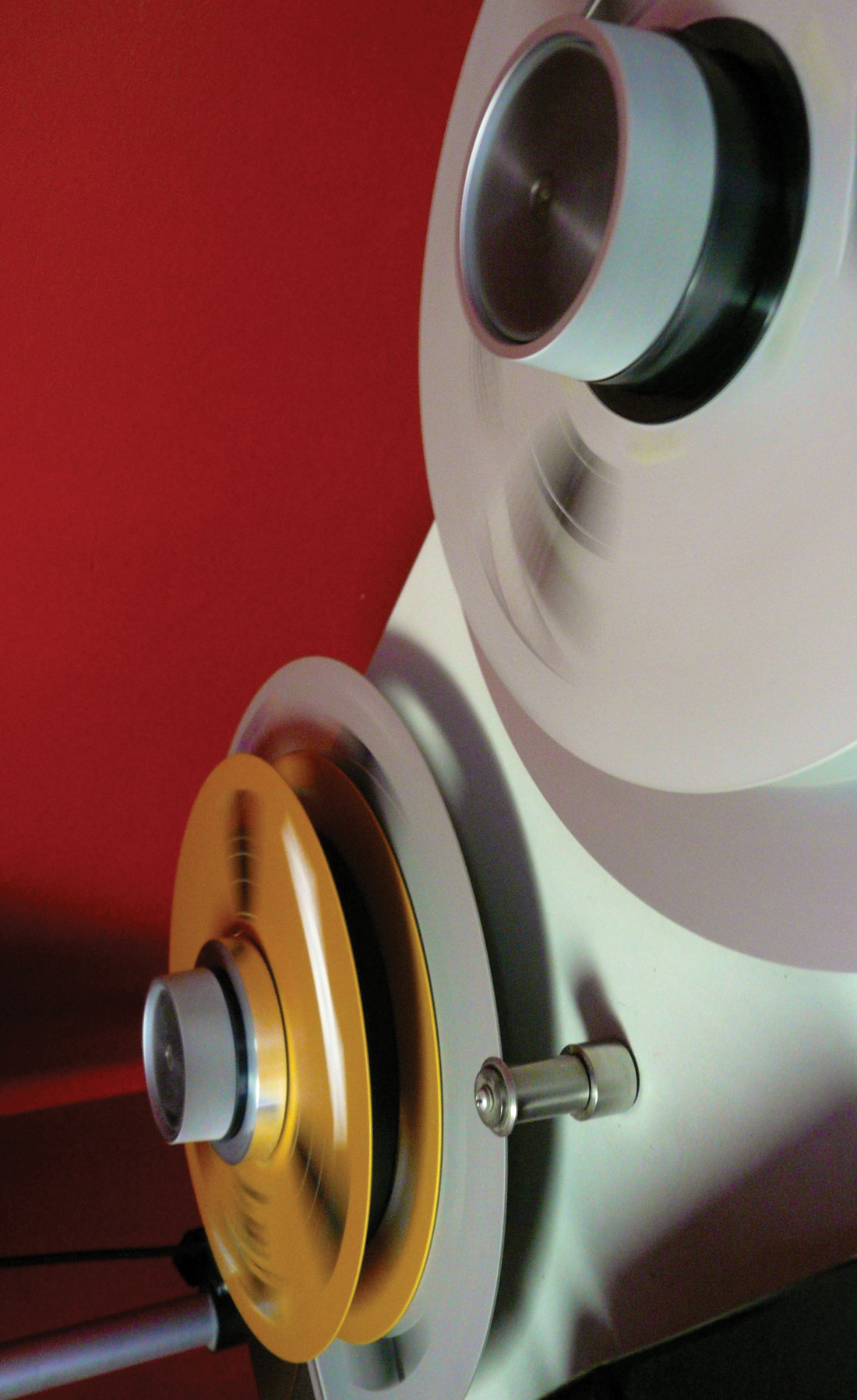



_disp_horizontal_bw.jpg)
